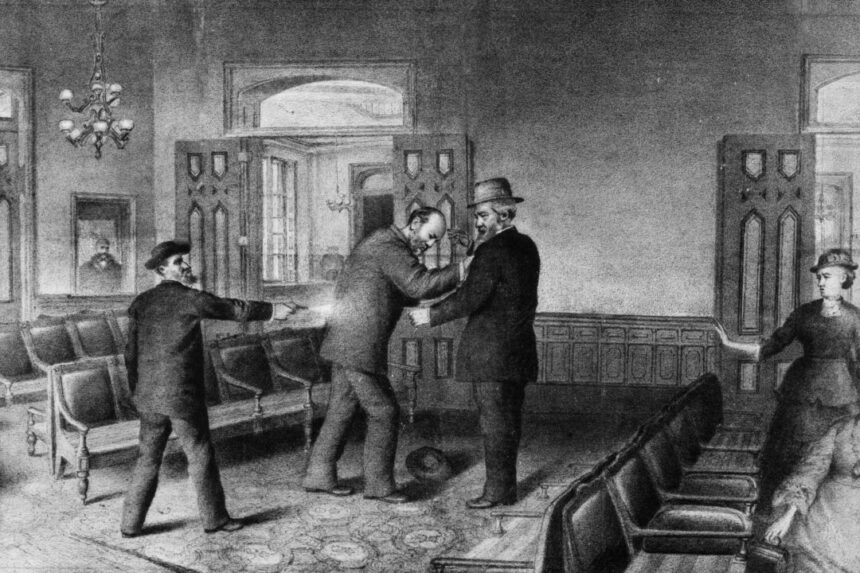Commentary
The recent attempted assassination of former President Donald Trump serves as a stark reminder of the vulnerability of American political leaders to gun attacks. Looking back, it is clear that all four assassinations of American presidents could have been prevented with better security measures in place.
President Abraham Lincoln was tragically killed while sitting in an unsecured box at Ford’s Theatre in Washington, at the end of a devastating Civil War. His assassination could have been avoided with proper security, considering his pivotal role in shaping American history and the missed opportunity for national reconciliation that followed his death.
President James A. Garfield was shot just four months into his presidency due to inadequate security, and subsequently died from medical negligence. With better security and medical attention, his assassination attempt could have been thwarted.
President William McKinley fell victim to an anarchist’s bullet in 1901, highlighting the importance of robust security measures. Inadequate security and medical care led to McKinley’s untimely death, despite optimistic reports of recovery.
The assassination of John F. Kennedy in 1963 underscored the need for improved security protocols for presidents. Kennedy’s tragic death in Dallas prompted increased security measures for future presidents, preventing similar incidents.
In the last century, several other U.S. presidents have faced assassination attempts, with varying degrees of success. Each incident highlights the importance of stringent security measures to safeguard the lives of political leaders.
President Reagan’s security team acted swiftly and courageously during an assassination attempt that left him with a bullet wound perilously close to being fatal. The incident in Pennsylvania on July 13 highlighted a significant breakdown in security measures and coordination.
Given that firearms were involved in these attempts on presidents’ lives, and considering the constitutional right of law-abiding citizens to bear arms, restrictions on firearm sales may not significantly reduce the threat to presidents. Enhancing security measures, such as using transparent bulletproof screens during public appearances and utilizing metal detectors in crowds, can help mitigate risks.
The history of assassination attempts on U.S. presidents underscores the constant danger they face. The threat of assassination appeals to deranged individuals and those seeking notoriety. It is essential for security personnel to minimize the chances of such attacks succeeding.
This issue is not unique to the United States, as leaders in other democratic countries have also faced assassination attempts. The universal nature of this problem underscores the need for improved security measures and well-trained personnel to protect public figures.
The views expressed in this article are the author’s opinions and do not necessarily reflect those of The Epoch Times. Can you please rewrite this sentence?
Source link






